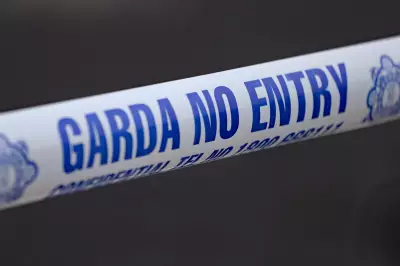
Brazilian security forces have unleashed one of the most violent police operations in the nation's history, storming gang strongholds in Rio de Janeiro's favelas in a brutal crackdown that has left dozens dead and communities in shock.
Urban Warfare in Rio's Heart
The coordinated raids targeted multiple favela communities simultaneously, with heavily armed officers engaging in fierce firefights against well-entrenched gang members. Residents reported hours of continuous gunfire, with many trapped in their homes as the urban warfare unfolded around them.
This operation represents a significant escalation in Brazil's long-running war against drug cartels and criminal organisations that control vast territories within Rio's sprawling informal settlements.
Human Cost Mounts
Early reports indicate the death toll has surpassed previous records for police operations in Brazil, with victims including both suspected gang members and bystanders caught in the crossfire. Local human rights organisations have expressed grave concern about the disproportionate use of force and the impact on civilian populations.
"The scale of violence we're witnessing is unprecedented," said a community leader from one affected favela. "Families are terrified, and the sound of gunfire has become the background noise of our lives."
Government's Hardline Stance
The operation comes amid increasing pressure on Brazilian authorities to combat gang violence that has plagued Rio de Janeiro for decades. Security officials have defended the aggressive tactics as necessary to dismantle criminal networks that control drug trafficking, extortion rackets, and other illegal activities.
However, critics argue that such heavy-handed approaches only perpetuate cycles of violence and further alienate impoverished communities from state institutions.
International Attention
The deadly raids have drawn international scrutiny, with human rights organisations calling for independent investigations into potential extrajudicial killings and violations of international law. The operation raises serious questions about public security strategies in Brazil and the balance between combating crime and protecting civilian lives.
As the dust settles in Rio's favelas, communities are left to count their dead and rebuild, while the fundamental issues of poverty, inequality, and state violence remain unresolved.





